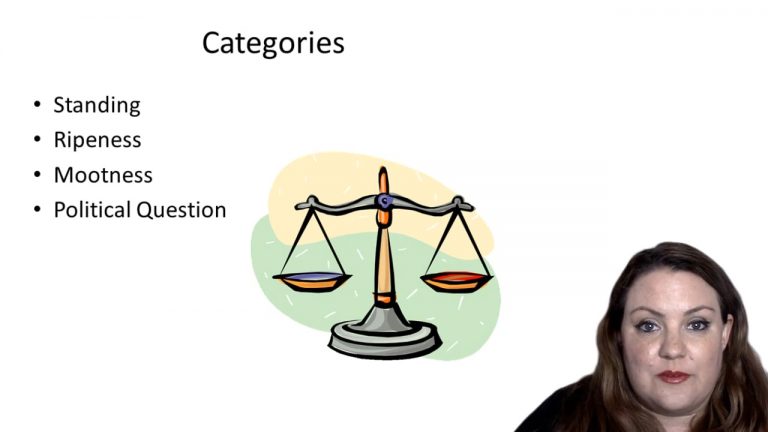SmartBrief
Confirm favorite deletion?
Constitutional Law Keyed to Maggs
Allen v. Wright
Citation:
468 U.S. 737 (1984)Facts
The IRS denies tax-exempt status to racially discriminatory private schools. To carry out its policy, the IRS has established guidelines and procedures for determining whether a particular school is in fact racially nondiscriminatory. In 1976 respondents challenged these guidelines and procedures in a suit in federal court. The plaintiffs named in the complaint are parents of black children who, at the time the complaint was filed, were attending public schools in seven States in school districts undergoing desegregation. Respondents allege that many racially segregated private schools receive tax exemptions, and that some of the tax-exempt racially segregated private schools created or expanded in desegregating districts in fact have racially discriminatory policies. They allege that the IRS grant of tax exemptions to such racially discriminatory schools is unlawful.
Only StudyBuddy Pro offers the complete Case Brief Anatomy*
Access the most important case brief elements for optimal case understanding.
*Case Brief Anatomy includes: Brief Prologue, Complete Case Brief, Brief Epilogue
- The Brief Prologue provides necessary case brief introductory information and includes:
Topic:
Identifies the topic of law and where this case fits within your course outline.Parties:
Identifies the cast of characters involved in the case.Procedural Posture & History:
Shares the case history with how lower courts have ruled on the matter.Case Key Terms, Acts, Doctrines, etc.:
A case specific Legal Term Dictionary.Case Doctrines, Acts, Statutes, Amendments and Treatises:
Identifies and Defines Legal Authority used in this case.
- The Case Brief is the complete case summarized and authored in the traditional Law School I.R.A.C. format. The Pro case brief includes:
Brief Facts:
A Synopsis of the Facts of the case.Rule of Law:
Identifies the Legal Principle the Court used in deciding the case.Facts:
What are the factual circumstances that gave rise to the civil or criminal case? What is the relationship of the Parties that are involved in the case.Issue(s):
Lists the Questions of Law that are raised by the Facts of the case.Holding:
Shares the Court's answer to the legal questions raised in the issue.Concurring / Dissenting Opinions:
Includes valuable concurring or dissenting opinions and their key points.Reasoning and Analysis:
Identifies the chain of argument(s) which led the judges to rule as they did.
- The Brief Prologue closes the case brief with important forward-looking discussion and includes:
Policy:
Identifies the Policy if any that has been established by the case.Court Direction:
Shares where the Court went from here for this case.
Topic Resources
Topic Outline
Topic Refresher Course
Topic Charts & Notes

 14m 30s
14m 30s